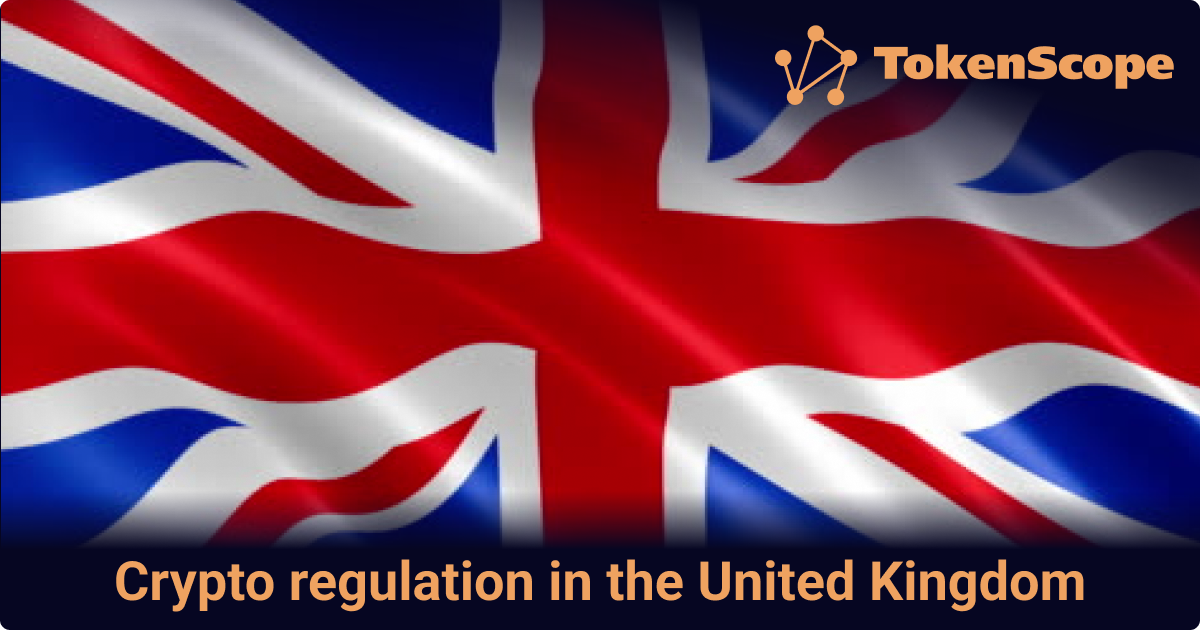Crypto regulation in the world: weekly digest #48

USA
The US SEC has filed back-to-back enforcement actions against two of the world's largest crypto exchanges, Binance and Coinbase, for allegedly breaching its rules. The SEC accuses both platforms of operating securities exchanges and selling digital assets that should have been registered as securities. The lawsuits expand the list of tokens that the SEC considers securities, including some commonly traded tokens such as Solana, Cardano and Polygon. The SEC seeks a final judgment to permanently enjoin the defendants from committing further violations of the federal securities laws.
The lawsuits against Binance and Coinbase have shaken the cryptocurrency markets and put other U.S. crypto exchanges on notice that they could be subject to enforcement action if they permit or have permitted these tokens to be traded. Cryptocurrencies began a decent due to this news, and the altcoin market lost more than 10% of its cap.
However both crypto exchanges deny the SEC's allegations and have pledged to vigorously defend themselves in court. Coinbase has been lobbying Congress and calling for legislation, stating that the solution is legislation, not litigation.
The SEC's lawsuit against Binance is the second time this year that federal regulators have accused the exchange of evading laws designed to protect investors in the United States. Regulators have long seen Binance as a major target in their quest to bring to heel a crypto industry that has been built around an explicitly anti-government ethos.
As we have already reported Binance and its CEO Chanpeng Zhao had been sued by the CFTC earlier this year. Since then Binance has hired new compliance officials, including a former federal prosecutor who now heads its compliance operation, to improve its reputation.
The substance of the Coinbase complaint is similar to the SEC's previous enforcement actions against other crypto exchanges, but the Binance lawsuit is more far-reaching and accuses the exchange of mishandling customer funds and lying to regulators.
Uncertainty in the legal framework for cryptocurrencies is prompting U.S. senators to increasingly propose solutions to end market turbulence. This week a new stablecoin bill has been drafted by House Republicans as a compromise with Democrats. The bill is still just a draft and will be further discussed at a committee hearing on June 13. The latest bill version proposes the Federal Reserve as the key regulator tasked with formulating requirements for issuing stablecoins.
This is an entirely new bill, not similar to the Stablecoin Transparency Act, which was introduced in the Senate in March 2022. It requires a stablecoin issuer to hold all reserves associated with each fiat currency-backed stablecoin they issue and calls for a temporary ban on algorithmic stablecoins.
The UK
The UK Financial Conduct Authority (FCA) has introduced new rules for marketing cryptoassets. The new rules classify crypto as «restricted mass market investments», which means that advertisements or promotions must contain clear risk warnings and ban incentives to invest such as «refer a friend» or «new joiner bonuses». The rules also require crypto firms to ensure that people have the appropriate knowledge and experience to invest in crypto and that adverts are clear, fair and not misleading. The measures will become effective on October 8, 2023.
In addition, the FCA has proposed a cooling-off period of at least 24 hours for first-time investors before they can make transactions. Crypto firms must take particular care that ads do not create a sense of urgency or fear of missing out, or imply that investments in cryptoassets are regulated by the FCA when they are not.
Now the FCA is working on additional guidance to help the crypto industry meet its expectations.
News from other countries:
-
The Organization for Economic Cooperation and Development (OECD) has introduced a new tax framework specifically designed for crypto. It seems to be similar to OECD’s IRS that obliges countries to exchange bank account information.
-
A trial has begun in South Korea to determine whether the LUNC token is a security. This could be a significant decision not only in the fraud case against Terra founder Do Kwon, but also for the entire global crypto industry.
-
In Russia the Prosecutor-General is willing to grant prosecutors powers to confiscate crypto and liquidate criminal tokens. But there is still no any legal framework for crypto in the country which could create an insurmountable obstacle to this plan.
We continue to highlight the news of the world of crypto regulation worldwide. Please stay with us!




